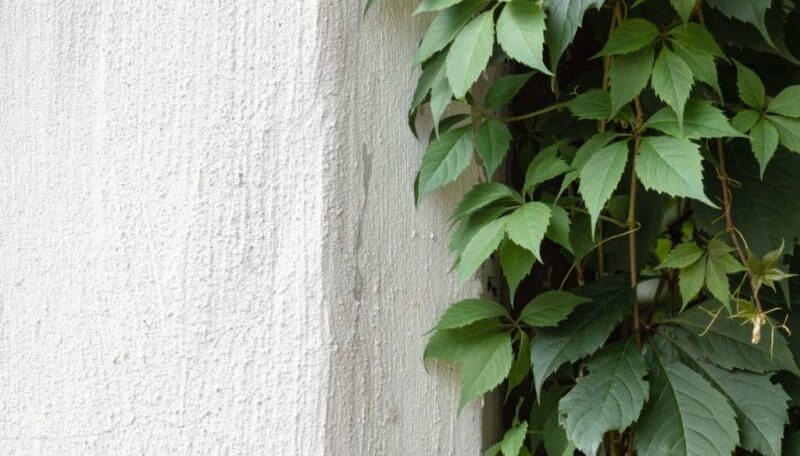POSTS:
Secular Buddhism

Mortality and spiritual freedom
In an August 2020 talk to Bluegum Sangha in Sydney, Australia, Winton Higgins offered some thoughts on This life: secular faith and spiritual freedom, a recently published book by the Swedish philosopher, Martin Hägglund. He explored some of the ways the book might prompt us as dharma practitioners to refocus our practice by clarifying some of our underlying assumptions.

Stephen Batchelor on ‘Imagination, Creativity, and Magic’
In a dharma talk given to the Community Meditation Center (New York City, USA), Stephen Batchelor discussed the centrality of imagination and creativity to the dharmic path.

A secular approach to practicing meditation
Secular Buddhists can and do practice meditation in a variety of ways, but there is no secular Buddhist meditation practice per se. Instead, secular Buddhists bring a secular outlook and orientation to existing forms of meditation practice.

A secular Buddhist perspective on the threat of climate extinction
Stephen Batchelor argues that a wise and compassionate response to the threat of climate extinction demands direct engagement with life itself irrespective of any a priori beliefs about the origins and end of suffering. By entering into a contemplative, empathetic, and existential relationship with the pain of the world, one seeks to respond with situation-specific compassion.

Teaching the dharma, avoiding ‘the ego trap’
When we give a dharma talk and fall into 'the ego trap,' the focus is one's self and making sure the ego is gratified. Alex Carr confronts the key question: How could I be fostering a sense of equanimity and non-reactivity if my sangha was becoming a place where I would inflame my own craving for praise and admiration and my aversion to failure?

Laughing is a serious matter on the secular Buddhist path!
The lightness of laughter can help us to break the connected dualisms of right/wrong, true/false, internal/external, and us/the others. These standards ways of viewing the world keep us hooked to our ego and hold us back from the freedom to experiment, to be open, to enjoy the time we have and all our experiences, including the negative ones.

Stephen Batchelor on ‘Everyday Nirvana’
In a dharma talk given to the Community Meditation Center (New York City, USA), Stephen Batchelor emphasized that nirvana should be understood as an experience of the cessation of reactivity rather than an end state or experience of complete and ultimate freedom from the poisons of greed, hatred, and confusion.

How to stop bigotry
We can practice pulling bigotry out by the roots every day in our own worlds. Identify who you treat as ‘other’, be kind to yourself about it, then focus your attention on commonality of experience - of basic human needs. Practice it again and again and again. This is wise attention.

Take on the challenge of the unknown
We have to choose between the freedom that is the condition of an open, awakened mind or to defend any kind of orthodoxy, traditional or not. If we choose the former, we need a wisdom that is capable of capturing every moment of wonder and in the next instant letting it go without any sense of regret or bewilderment.

Ted Meissner reflects on the past, present, and future of secular Buddhism
Ted Meissner has been interviewing Buddhist practitioners and writers involved in a wide range of lineages and approaches on his podcast, The Secular Buddhist, and is the Executive Director of the Secular Buddhist Association (USA). Ted offers his views of how secular Buddhism has evolved, its current status, and his hopes for its future development.

Lockdown reflections: transmission, transformation and ‘secular Zen’
A secular version of Zen, taking account of the disciplines and traditions of mindful meditation practice but also grounded grounded in a creative, democratic and dynamic educational ethos, can play an important role in an emerging culture of awakening in which all beings, and the environment in which we live, are valued and cared for.

Buddhism is dead! Long live ‘Buddhism’!
Whether we like it or not, to reduce Buddhism to a detached and repetitive liturgical religiosity, means to keep our heads turned towards the past and also means losing the potential for a sensitive engagement with tradition. A vibrant and living spirituality must be known, lived, and experienced in our bodies, our practices, and our way of being.

Integrating contemplative practice into life
To integrate contemplative practice into life requires more than becoming proficient in techniques of meditation. It entails the cultivation and refinement of a sensibility about the totality of your existence—from intimate moments of personal anguish to the endless suffering of the world.

Dharmic existentialist ethics in a time of pandemic
Today we find ourselves in the grip of a scary epidemic. Ours is due to the coronavirus (aka Covid-19). Some great creative writers have used these occasions to plunge into their deeper human meaning, particularly Albert Camus’s The plague (1947), which bristles with dharmic resonances.

A review of Evan Thompson’s ‘Why I am not a Buddhist’
In his recently published book, the philosopher Evan Thompson critiques Buddhist modernism and the notion that Buddhism is superior to other spiritual traditions because it provides us with a scientific understanding of the mind and our world. Is Thompson's criticism of Buddhist modernism valid? Do his criticisms apply to secular Buddhism?
EXPLORE BY SECTION
SEARCH THE SITE
RECENT POSTS








